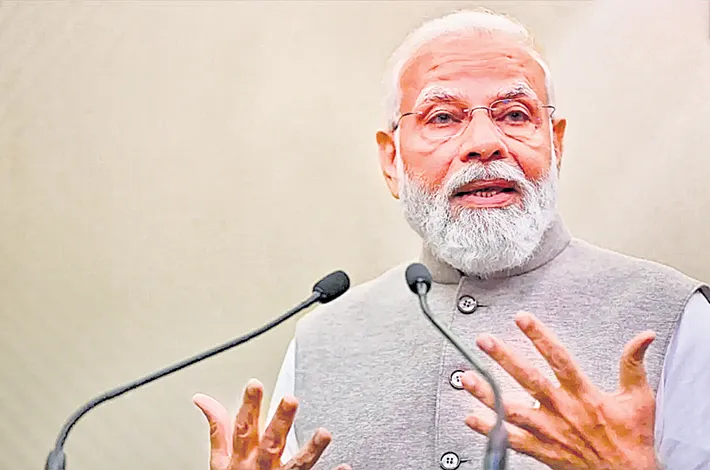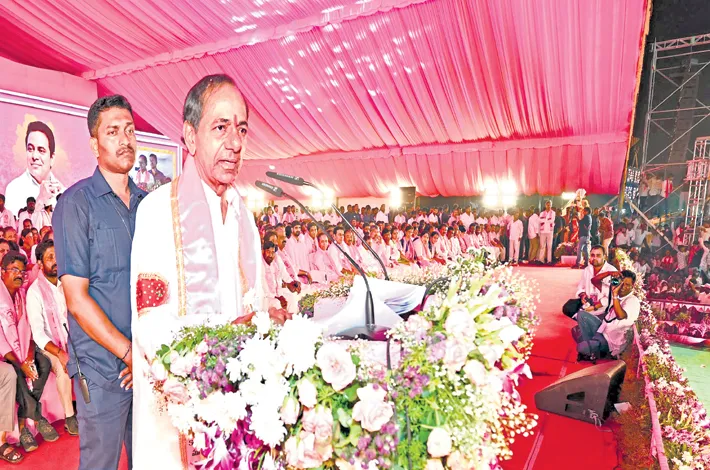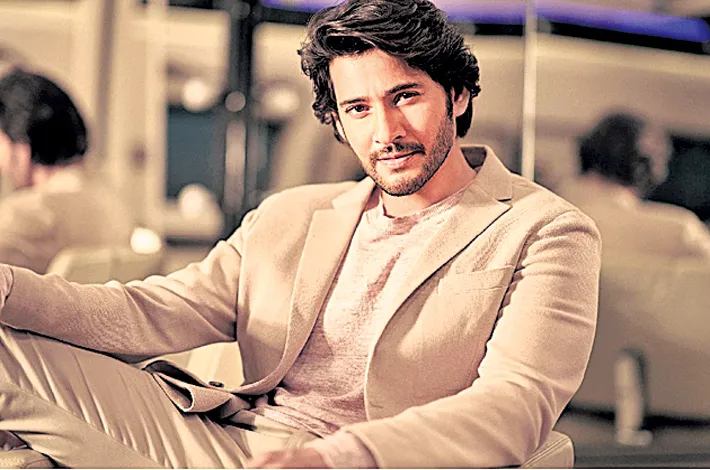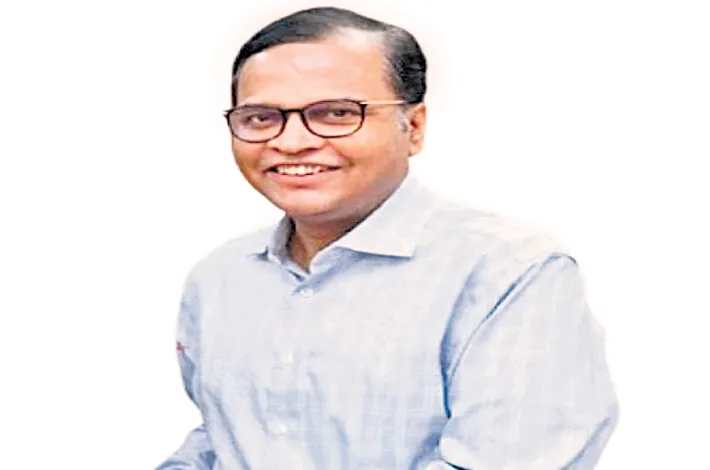A reformer who fought for the poor
22-04-2025 12:00:00 AM
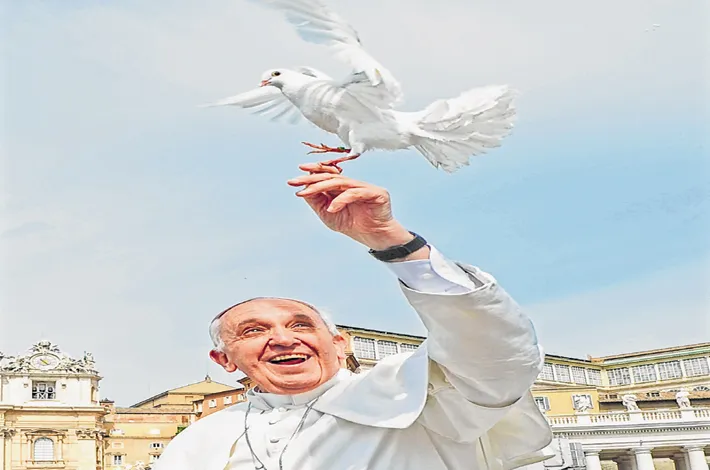
CHAMPION OF MARGILANISED | Pope Francis’ death may revive contest between modernist & traditionalist wings of the Church
FPJ News Service Rome
Pope Francis, who died on Easter Monday, leaves behind a complex legacy. He was elected in 2013 on a mandate to clean up the Church, after his predecessor Benedict XVI abruptly resigned. But he leaves behind an institution that, while outwardly committed to advocacy for the dispossessed and marginalised, has made inadequate efforts to address its own failings, from priestly abuse to the misuse of Vatican finances, Politico reported.
Jorge Mario Bergoglio was born in 1936 in Buenos Aires to an Italian migrant couple. Reportedly clever, mischievous and fond of football, he worked stints as a nightclub bouncer and janitor. When he joined the Jesuits, he initially struggled to reconcile his vocation with more civilian instincts, later confessing he was “dazzled” by a young woman he met while at seminary. Nevertheless, he rapidly earned the sobriquet “slum bishop” for doubling the number of priests in Buenos Aires’ poor neighbourhoods.
But he was already a divisive figure: During the bloody “dirty war” of the junta against its adversaries in the 1970s, Bergoglio — then the leader of Argentina’s powerful Jesuits — was accused of complicit silence when the military abducted dissident clerics who were under his authority. Others, however, claimed he attempted to protect his subordinates.
As Pope, he headed a drive for the Church to resemble more of a “field hospital,” prioritising the needy and downplaying the importance of sexuality. ”Who am I to judge,” he famously told reporters in 2013 when asked if a gay person could become a priest.
To an extent, Francis was able to chip away at the Church’s millennia-old structure, opening up high-level Vatican offices to women and lay people. But for the most part, these efforts only annoyed conservatives and disappointed liberals. For instance, he maintained barriers to female priests, and was forced to dilute a landmark declaration of same-sex blessings under pressure from outraged African bishops. He angered some Catholic Church traditionalists by reaching out to gay and marginalized people, demanding justice for the poor and the dispossessed and railing against unbridled capitalism and climate change.
Francis also ratcheted up action against the sexual abuse of children by Catholic Church clergy by issuing the most extensive revision to its law in four decades, calling it “our shame.” And Francis steadfastly championed the plight of migrants at a time when many countries across the globe were closing their borders and right-wing politicians were demonising them.
Francis was also divisive on the international stage. He won the admiration of followers in the global south and received blowback from supporters in the West with his urgent calls for peace in Ukraine, silence on China’s oppression of religious minorities and harsh condemnations of Israel’s invasion of Gaza. Inconsistency might have been the defining feature of the pope’s reign. Rather than reforming the Church, he has largely left behind chaos for whoever succeeds him. As conservatives now sharpen their knives, that battle looks to be fraught.





